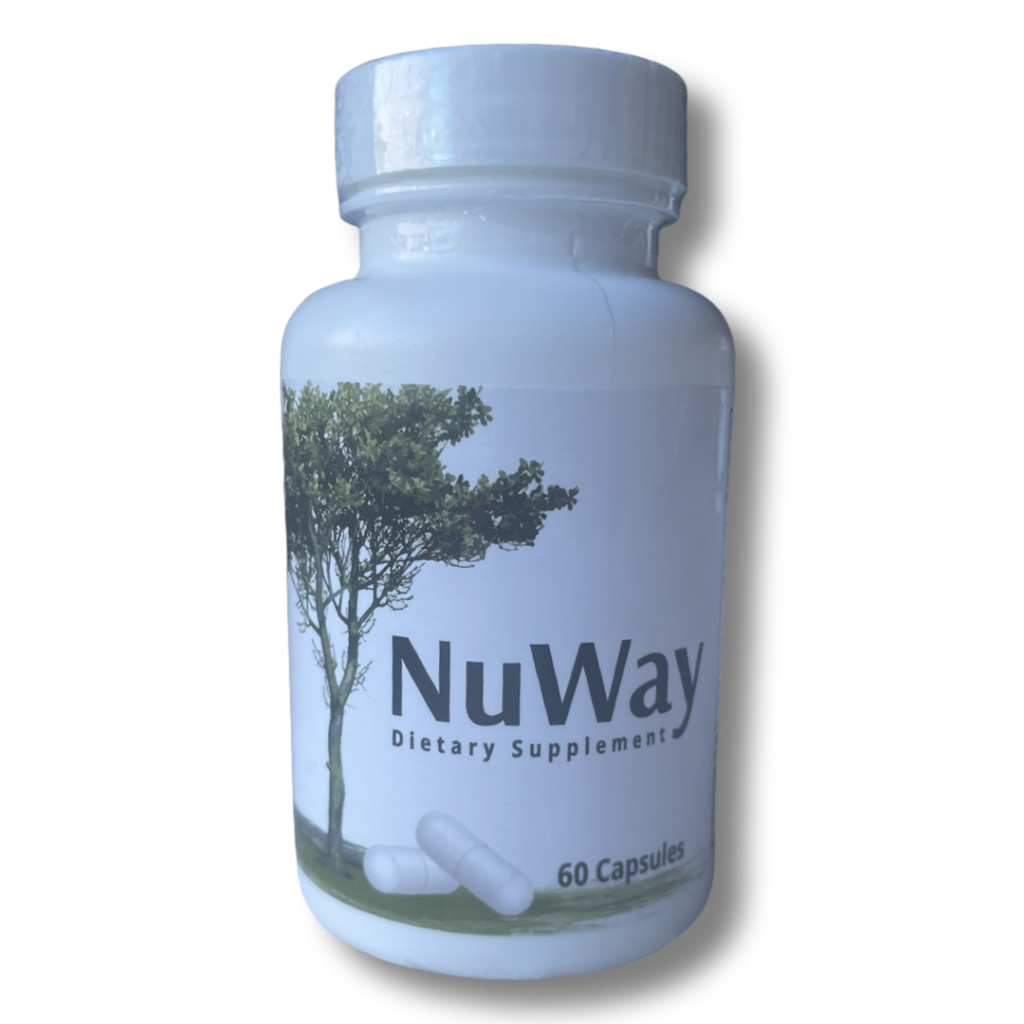Throughout my career, advances in bariatric surgery have made it an increasingly life-changing procedure for my patients. Nevertheless, the nature of the surgery often means that patients have a harder time absorbing vitamins and minerals from their food. One of the most necessary vitamins is also one of the hardest to absorb from food after a bariatric procedure.

Patients undergoing bariatric surgery must be continuously educated on proper nutrition, the risk of developing significant vitamin B12 deficiency, and the role of supplements in avoiding catastrophic consequences.
Shounak Majumder et. al, “Vitamin B12 deficiency in patients undergoing bariatric surgery: preventive strategies and key recommendations” Surg Obes Relat Dis. 2013 Nov-Dec;9(6):1013-9 https://pubmed.ncbi.nlm.nih.gov/24091055/
Natural sources of vitamin B12 include meat, fish, eggs, milk and cheese. Unfortunately, many of these foods can only be eaten in small amounts after bariatric surgery as they can cause intestinal distress. Because of this, bariatric patients undergo vitamin labs at their bi-annual checkups. In order to keep levels normal, supplements may be the best way to boost absorption. One of the most easily absorbed forms of Vitamin B12 is cyanocobalamin.
A person who is deficient in Vitamin B12 can ultimately develop anemia–a condition in which the patient has too few healthy red blood cells. Early symptoms of anemia include numbness and tingling in fingers and hands. If you have had bariatric surgery and experience these symptoms, be sure to inform your doctor immediately.
